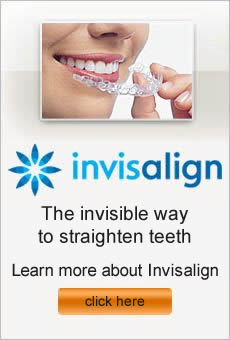Pacifiers have been used by parents for many years to soothe babies, who are born with a strong sucking reflex and find security in the pacifier. It is a normal part of development, but parents often wonder how long it is appropriate to allow their child to suck on a pacifier. One of the concerns is that it can negatively affect a child’s dental health. Here are some things to consider about long-term pacifier use.
Age
Most children stop sucking on pacifiers between the ages of two and four. Pacifier use after age four may lead to dental problems, with the risk becoming greater the older the child becomes.
Teeth
Dentists say that older children who use pacifiers have increased risk of protruding front teeth, described as teeth that slant outward. Also, the bottom front teeth may tilt in. Longer pacifier use can delay losing the front baby teeth at a normal time, and may postpone the emergence of permanent teeth.
Jaw alignment
Prolonged pacifier use may increase the risk of an improper bite. Often this means narrowing of the upper jaw compared to the lower jaw, which is commonly called a cross bite. Another common effect is an open bite, which is a gap between the upper and lower front teeth when the mouth is closed. Also, there is an increase of overjet, described as a horizontal projection of the upper teeth past the lower teeth.
Correcting problems
For many children, the effects of prolonged pacifier use is self-correcting, but only if the child stops using a pacifier before the permanent teeth emerge. Orthodontists say that teeth tend to go back to their ideal positions if the habit stops before the adult teeth come in. However, some of the more severe outcomes such as cross bite do not correct on their own. Orthodontists can use a variety of appliances to coax the teeth and jaw into proper alignment.



